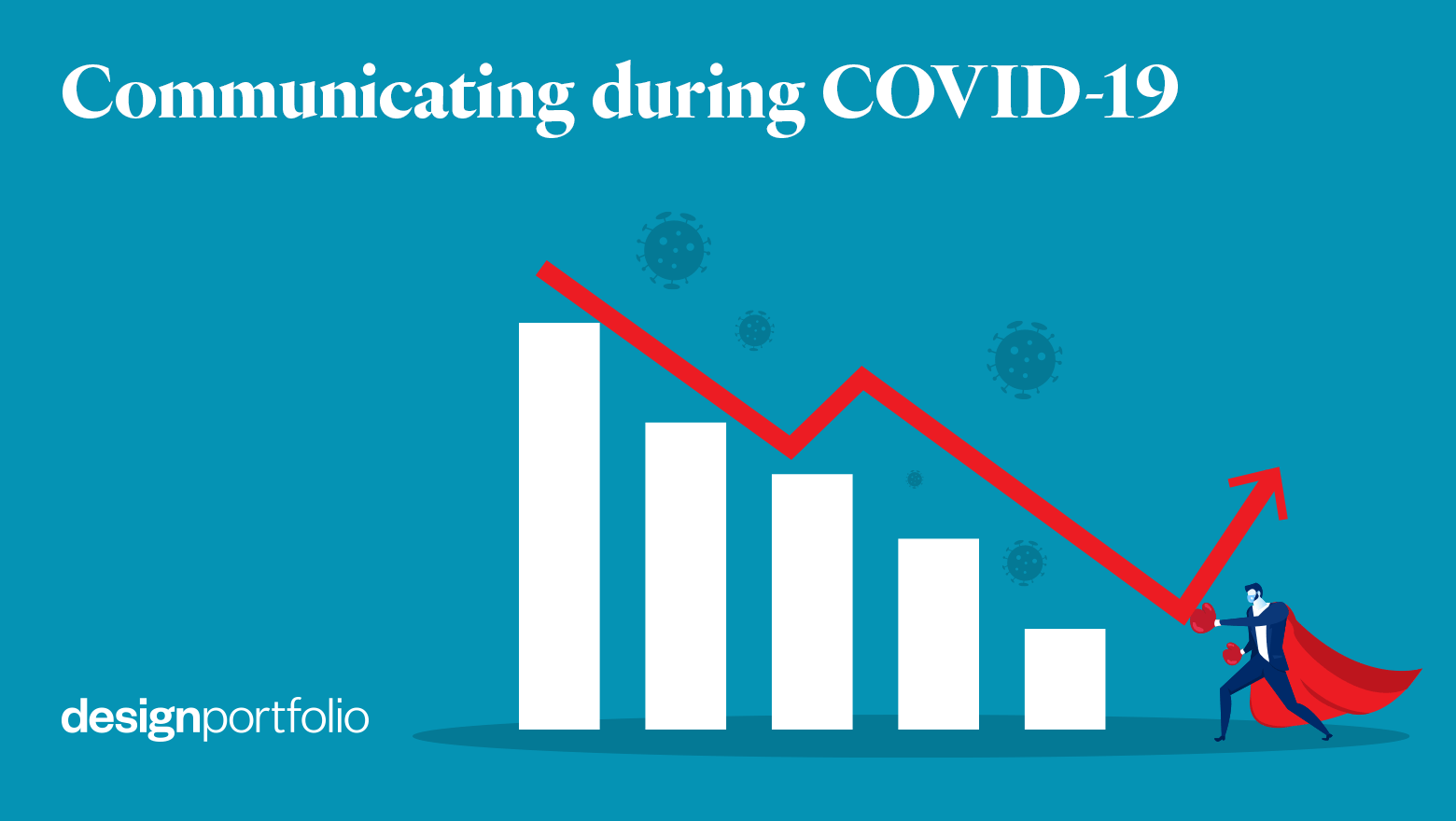
The stretched timetable is critical for companies to take stock and provide the most decision-useful information as possible to investors.
Stay informed with regulations, insights & events by joining our mailer
The financial conduct authorities in the UK have been quick to provide temporary reporting relief to listed companies, and rightly so. As companies battle to adapt to the rapidly changing market, in my eyes the timetable change is an absolute necessity. The problem is that some companies may see postponing results communication as a red flag to investors, but this isn't the case.
The stretched timetable is critical for companies to take stock and provide the most decision-useful information as possible to investors and we encourage all companies to take the extra time and use the opportunity should they need to.
Timetables stretched
Just like the world around us, reporting is changing and adapting to the COVID-19 pandemic. To start with, the reporting timetable has changed as the FCA has asked companies to delay prelims for “at least two weeks” and provided an additional two-month delay to publishing audited accounts; the BEIS has granted a three-month extension period to file accounts; and the FRC has encouraged companies to postpone audit tender requirements and audit partner rotation.
The timetable relief should be used by companies to ensure accurate and carefully prepared disclosures, but also to review the strategic report and ensure the most material information is presented to investors.
What investors want
The FRC Lab recently published survey results from investors which identified five key issues they would like addressed in company reports. The work highlighted a desire for companies to address company viability, the financial resources available to them (such as cash and additional finance) and how they ensure protection of key assets. Below we have provided some tips on the areas of the strategic report companies should particularly focus on this year.
The business model and risks
At no point has it been more important for companies to demonstrate the key resources, assets and relationships that feed into their business model. But even more important than that is clearly demonstrating the specific resources, assets and relationships that are most under threat and the steps being taken to protect them. If they aren’t doing it already, companies need to specifically demonstrate the risks that link to the business model and its resources.
The risk mitigation strategies and the wider context of the business model should address how the company might adapt its business model in the short/medium term and the likely impact of shorter-term decisions on the company’s key assets such as brands, licences and, most importantly, people.
Culture
The protection and retention of staff, and the associated corporate memory, is going to be critical in weathering the current crisis and rebuilding when we come out the other side. As the FRC says: “All stakeholders, including investors, are concerned about companies’ workforces and seek an understanding of how they are being retained and supported.”
COVID-19 puts company culture to the test. Working environments are changing, management structures are put under new stress and job security is being rocked. This is the period in which companies must put their lofty rhetoric on culture to the test in two ways: firstly, by ensuring business continuity and the usual flows of management information within a completely new, remote working environment; and secondly, by ensuring a highly anxious and uncertain workforce is looked after and is provided with the best possible options.
If a company can clearly communicate and justify its approach in these two areas, it can not only improve its reputational equity, but can also secure new pools of capital in ESG-savvy investors. ESG activists will be watching these details now. BlackRock has reiterated its pledge to hold company board members accountable for the way they treat employees.
The viability statement
Reporting on viability is more important than ever. Due to the completely new market environment, understandably, many boards will be less confident in stating that they have a reasonable expectation that the company will be able to continue in operation and meet its liabilities as they fall due over a period of assessment.
However, despite not knowing the impact COVID-19 will have on the global economy, investors will still expect companies to be able to articulate their expectations of the possible impacts on their specific business in different scenarios. In the current climate, any reasonable level of expectation would naturally carry a much lower level of confidence.
This is why it is so important to make sure your viability statement is clear in stating any stress testing/reverse testing carried out, draws attention to any qualifications or assumptions as necessary and provides detail on how the board is managing the situation. Two viability statements I often refer to for best practice are Sainsbury’s (page 37), which includes scenario modelling, and Equiniti (pages 52 and 53), which has a table demonstrating viability scenarios related to principal risks.
The investment case
Finally, ensure that you tailor a succinct yet robust investment case which is consistent across all communication channels. The investment case should provide investors with confidence on how your business will weather the storm and should make reference to your customer loyalty and benefits, how you can ensure capital maintenance, your past history of performance and your heritage and brand equity. See our whitepaper on constructing best practice investment cases.
The strategic report
Providing forward-looking information is currently difficult; however, your upcoming strategic report is a critical tool to inspire investor confidence in the current climate. At Design Portfolio, we look to help our clients provide only the most decision-useful and material information for investors, including best practice communications in the areas stated above.
If you would like help on how to communicate effectively in the current climate, contact joe.brooks@design-portfolio.co.uk.